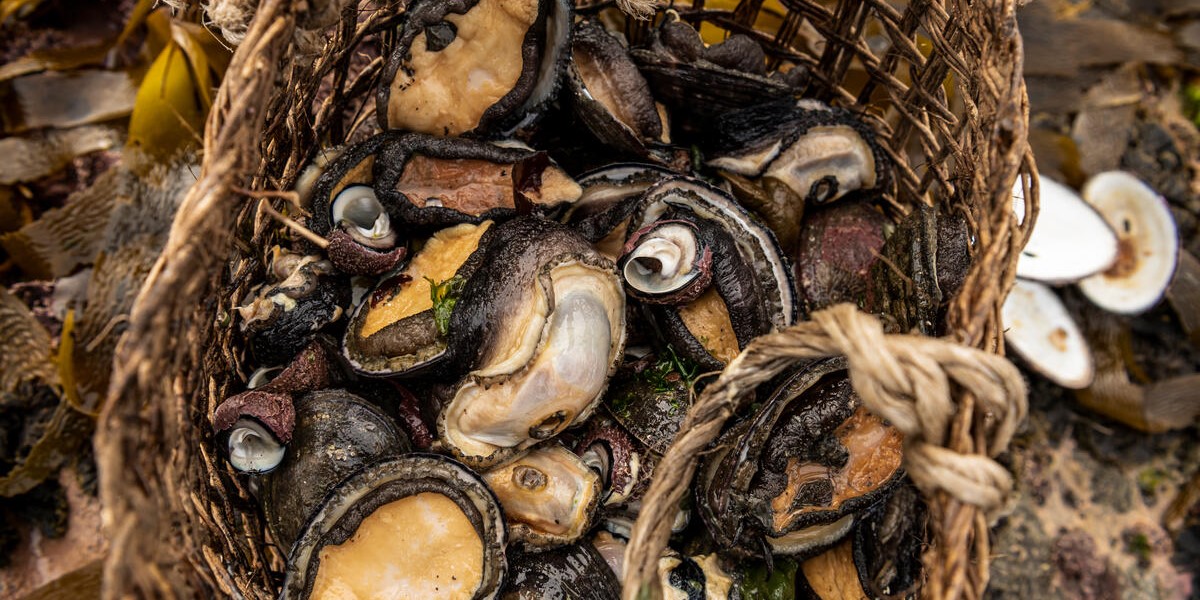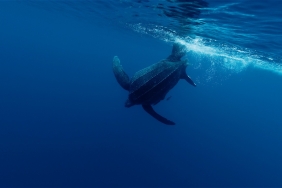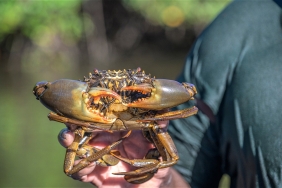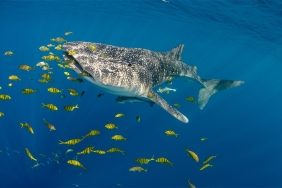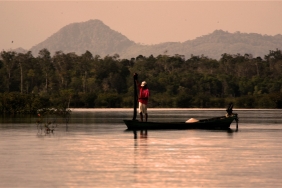SOCIALIZATION OF AQUACULTURE PROGRAM AT BBRPBL GONDOL, BALI
By: Made Octiya Arimardewi*
The improvement of aquaculture towards responsible aquaculture continues to be improved, as one of the steps to improve it, WWF-Indonesia held a meeting and socialization with the Marine Aquaculture Research Center (BBRPBL) in Gondol-Bali on September 5 yesterday. This meeting became a momentum to establish communication, coordination and synchronization of WWF-Indonesia's aquaculture work program with BBRPBL which is seen as a strategic partner in improving and developing aquaculture. The meeting, which was attended by 29 researchers, began with remarks by the Head of BBRPBL Gondol-Bali, Ir. Bambang Susanto, M.Si. Then continued with a presentation on WWF-Indonesia's aquaculture work program by Candhika Yusuf as the coordinator of WWF-Indonesia's aquaculture program, who was also accompanied by the WWF-Indonesia Fisheries Team, namely Nur Ahyani (Aquaculture Officer), M. Yusuf (Fisheries Science and Training Coordinator), and Made Octiya Arimardewi (Undayana University Fisheries Student). The meeting was closed with a discussion session moderated by the Head of Technical Services Section of BBRPBL, John Hutapea. BBRPBL Gondol-Bali welcomed this initiative and is willing to provide technical assistance to WWF-Indonesia in accordance with its Tupoksi and capacity.
After this meeting, a field trip was also conducted to see the process of abalone cultivation (Haliotis squamata) as one of the enrichment materials in developing BMP (Better Management Practice) of Abalone Cultivation. "Macro algae such as Gracilaria sp. and Ulva sp. become the main food of Abalone from seed to adulthood," said Ibnu Rusdi, Abalone researcher of BBRPBL-Gondol. Ibnu Rusdi also added that "Haliotis squamata itself is an abalone species native to Indonesia obtained from waters around Bali and East Java. The hatchery and enlargement technology for this type of abalone has been successfully carried out by the center". The process of the Abalone cultivation cycle from hatchery and enlargement to a consumption size of about 50 grams per tail, can already be done at BBRPBL-Gondol. According to Mr. Ibnu Rusdi, Abalone cultivation can already be done commercially in Indonesia, because the availability of seeds is ready and the enlargement technology is also quite easy to apply.
In addition to abalone cultivation, BBRPBL also showed research on yellowfin tuna (Thunnus albacares), duck grouper (Chromileptes altivelis), and milkfish (Chanos chanos). Various experts and aquaculture facilities owned by BBRPBL-Gondol ranging from hatcheries to enlargement are expected to be an ideal place to see the process of cultivation or the application of new technology in relation to the work programs of WWF-Indonesia which plays an active role in increasing efforts towards responsible aquaculture.
*) The author is a WWF-Indonesia Volunteer from Udayana University.
Contact Person: Nur Ahyani, email: nurahyani@wwf.or.id

